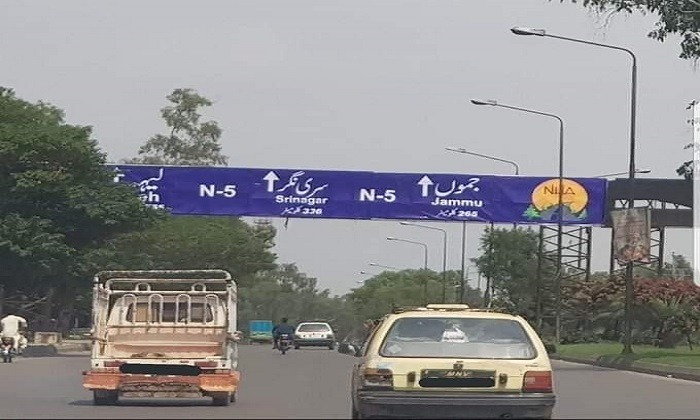Parliamentarians’ Celebrate International Day for Street Children
Pak Chronicle Report
Islamabad
International Day for Street Children, a moment to review the challenges experienced by street children in Pakistan today, to reinforce the rights to which they are entitled, and to consider the role of different stakeholders in offering protection and support.
Street-connected children or “street children” are children who depend on the street to live and/or work and often have strong connections to public spaces to carry out their day to day activities.
On this day, a virtual multi-stakeholder consultation was facilitated by Cities for Children and the Special Parliamentary Committee on Child rights and the SDGs Secretariat, supported by the international Consortium for Street Children. The theme was “Access for Street Children” and the discussion was focused on three main elements: Who are “street children”; what are the challenges in access to education; and what are the obstacles in access to justice. Participants included parliamentarians across all political parties, civil society, social protection and welfare departments, journalists and grassroots organisations, stated a press release issued on Tuesday.
Human Rights Minister Dr Shireen Mazari was a keynote speaker and reiterated the government’s commitment to justice for street children. “Justice begins with the basic rights in the constitution; right to health, right to education, right to protection.”
Second speaker was the Deputy Commission of Islamabad Mr. Hamza Shafqaat, who spoke about the implementation challenges in dealing with children on the streets, especially in the context of rising poverty and urban crime.
The roundtable component of the event was moderated by MNA Mehnaz Aziz, convener of the Parliamentary Group on Child Rights. It started with a video including the lived experiences of children connected to the streets and their real struggles in continuing education, as well as their interaction with police and law enforcement authorities. The poignant testimonies from children and young people showed kicked off a discussion around what it means to be able to give children the right to education as is promised to them under Article 25-A, while navigating challenges like intergenerational poverty, debt and concerns about their next meal.
Participants included Sarah Ahmed from the Child Welfare and Protection Bureau in Lahore; MNA Kheso Maal Daas from Sindh; MNA Munawwara Bibi Baloch from Balochistan and Riaz Fatyana all sharing experiences from their context.
There was recognition of the multiple identities of street children, who as Shandana Gulzar Khan mentioned are not all from organised gangs, but also belong to communities affected by poverty – or displaced by conflict and the War on Terror.
An important social protection angle was present, with representation from the Ehsaas programme. Rozina Khalid talked about the incentives being offered for children to enroll in school, particularly girls, and essential services like free healthcare. Civil society offered important practical perspectives based on their work – from solutions for child protection, to the importance of working closely with communities and tailoring education and protection solutions based on their reality. Participating organisations included Good Development Pakistan; Sahil, which works on issues of child abuse and emphasised the importance of the rehabilitation process; Dost Foundation from Peshawar and the Pehli Kiran Schools in Islamabad, offering non-formal education to children connected to the streets.
Some recommendations that emerged were to ensure coordination of efforts across government and civil society, with possible formation of an umbrella network. There is also a need to review the implementation of legislation like the vagrancy laws that lead to criminalisation of street children. The role of shelters and child protection units should be reviewed, in order to reach sustainable solutions – and in terms of social protection, one challenge is to be able to reach and support those who fall through the cracks of social safety nets due to lack of documentation.
Finally, as summed up by Madeeha Ansari from Cities for Children, it is important to acknowledge the complexity of the situation when it comes to street-connected children – to understand communities and their constraints, and include their voices when crafting policies and programmes that affect them, concluded the press statement.
Ends



